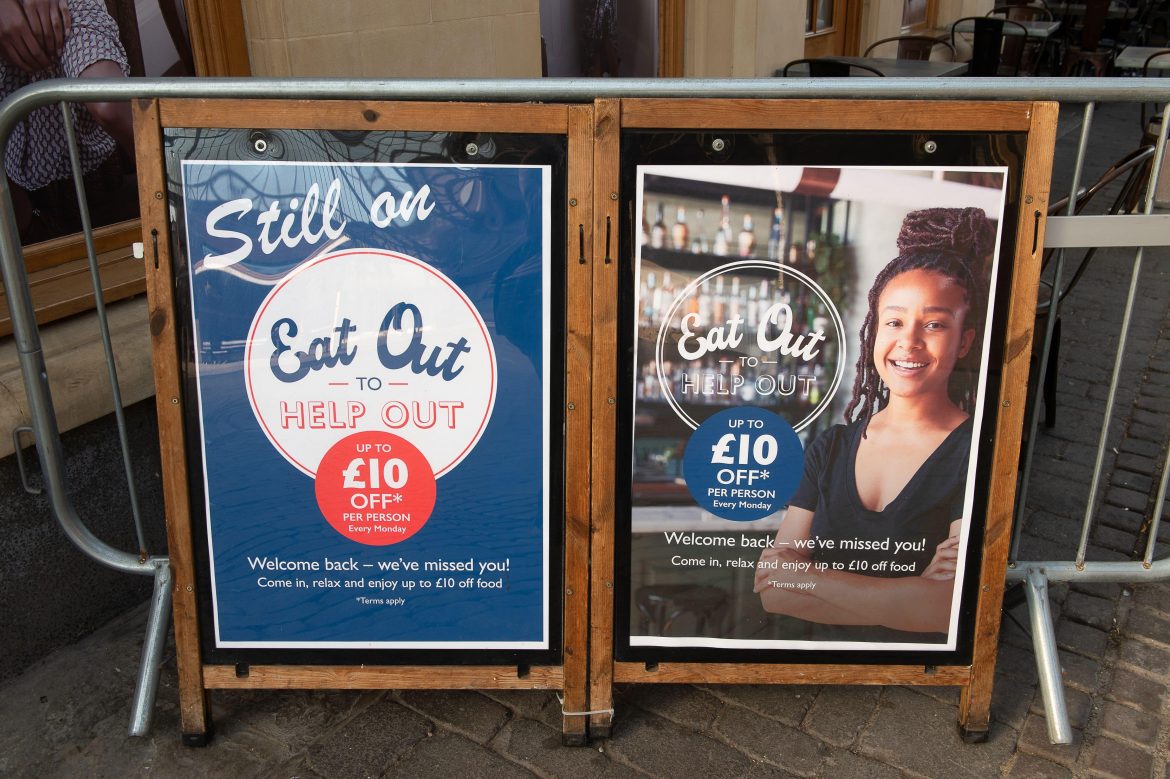The Government’s Eat Out to Help Out scheme may have significantly contributed to the resurgence of Covid-19 in the UK, according to a study by the University of Warwick.
The research found that eight to 17 per cent of new coronavirus ‘clusters’ can be attributed to the scheme, which saw around 100 million meals covered at a cost to the government of over £500m.
In a press release, researcher Thiemo Fetzer said: “This [study] strongly suggests that the link between ‘Eat Out to Help Out’ and new Covid-19 infections is causal: when people were not dining out as part of the scheme there were fewer new cases of the virus.”
The government has not yet responded to the findings.
As well as potentially contributing to the second rise in Covid-19 infections, the Eat Out to Help Out scheme also failed to have the economic impact it was designed to, with the growth of the economy falling short of the expected 4.6 per cent in August.
Despite this, many have acknowledged the benefits of the scheme.
Kingston resident Daksha Mistry said: “Pubs were very busy Monday to Wednesday… but generally people were observing social distancing, and there was a lot of relief.
“Establishments had to do a lot of thinking about how they operated, but essentially it helped to spread out custom.”
Mistry also pointed out that many businesses in Kingston chose to continue the scheme into September and October, suggesting it must have brought benefits.
Hospitality to close again
But now, following a rise in virus cases and Boris Johnson’s announcement of a second national lockdown, hospitality venues are set to close once more.
“Like other parts of London, cases of Covid-19 have continued to increase steeply in Kingston over the last three weeks,” said a spokesperson from Kingston Council.
“In mid-October, Kingston’s rate of cases passed 100 cases per 100,000 residents per week, with a doubling of the rate of infection over the last two weeks.”
The Council has urged people to follow the rules to kerb the increase and limit the damage, both to the economy and the community.
“It’s essential now for all residents to play their part in reversing this trend by following the guidance,” said the Council spokesperson.
“Together we can break the chains of transmission and help rates fall again in Kingston.”






